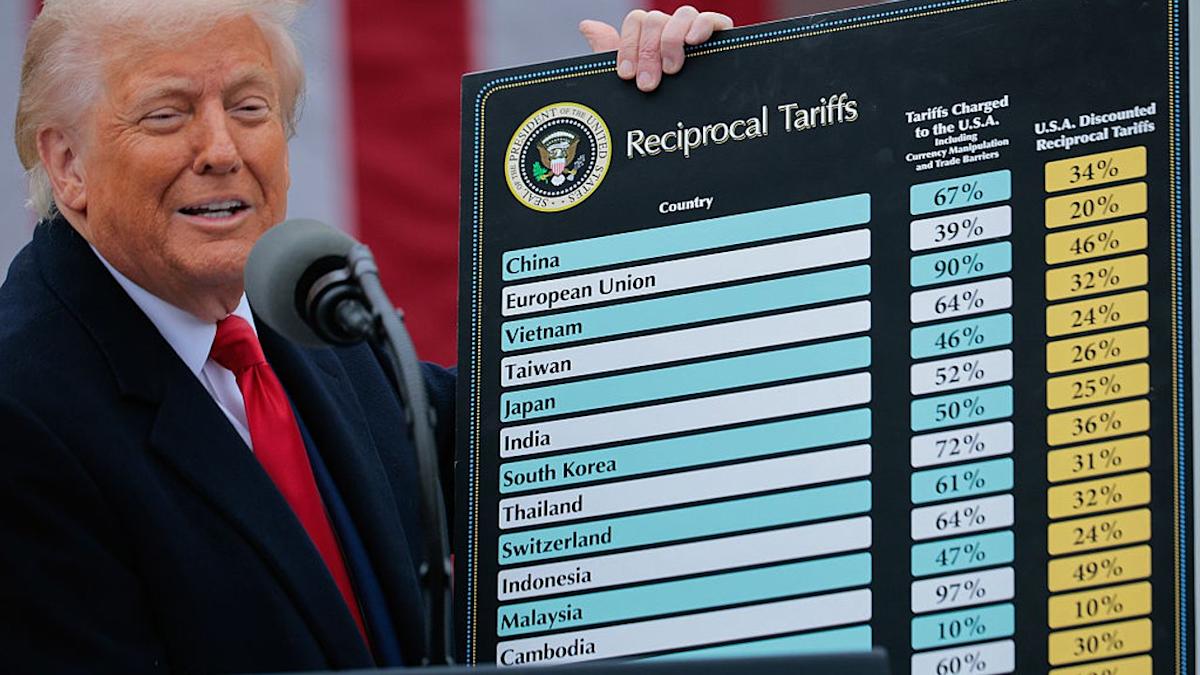Tariffs will add $28 billion to holiday spending this year
More than half of all tariff costs are already being shouldered by American consumers this year, according to a recent Goldman Sachs analysis — and it looks like the holiday season will be no exception.
A new study from Lending Tree considered the amount of 2024 winter holiday spending and determined that if President Donald Trump’s tariffs had been in effect, there would’ve been an added $40.6 billion burden on consumers and retailers.
Lending Tree said $28.6 billion of that would have fallen on shoppers, while companies likely would have absorbed $12 billion of the costs.
For shoppers, that added money translated to about $132 each, with the biggest add-ons for electronics purchases, followed by clothing and accessories.
More expensive goods will lead to more consumer debt, said Matt Schulz, LendingTree’s chief consumer finance analyst.
“That means that even more Americans would have had to fall back on credit cards and personal loans to help cover gift-buying expenses,” he explained. “That’s the unfortunate reality that many people would have faced” last year — and are set to deal with this year.
Schulz said that to most Americans, “an extra $132 at the holidays is significant.”
“It could prompt people to cut back on gift-giving this year,” he added. “That’s a choice no one wants to have to make.”
After electronics and clothing/accessories, Lending Tree found the categories most affected were: home decor and furnishings; jewelry, books, and other forms of media; sporting goods and leisure; and toys.
Part of what will make this holiday season much more expensive is that it relies on a significant amount of important goods, Lending Tree said. Using government data, the company estimated that consumers spent $377.7 billion on imported goods during the holidays last year. A whopping 88% of clothing and accessories were imported, and electronics weren’t far behind at 69%.
“Doing your homework to find domestic alternatives to imported goods can help, but information can be unreliable,” Schulz said. “Often, your time may be better spent shopping around and taking other steps to save instead.”



Leave a Comment
Your email address will not be published. Required fields are marked *